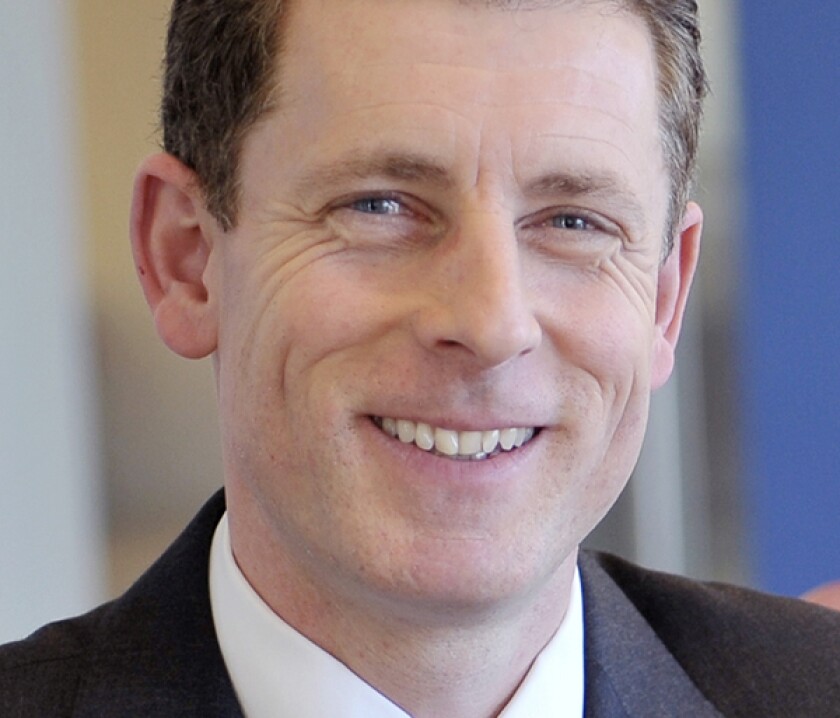The Internal Revenue Service processed more than 80 million stimulus payments on April 10 in a centerpiece of a $2.2 trillion effort to shore up the battered U.S. economy.
Large institutions say their strong capital positions allow them to reward investors, and the Fed agrees. But critics say this is the time to be preparing for a sharp downturn and continue helping those hurt by the coronavirus pandemic.
Just as U.S. lawmakers are ramping up demand for a digital dollar, Facebook's Libra project is dialing back its scope.
As the market deals with the short-term challenge of getting stimulus payments into the hands of citizens, the country has a unique opportunity to put the unbanked and underbanked on a long-term path to electronic payment methods, Jim Johnson of FIS says.
A complete disconnect between liquidity providers and seekers exposed the market’s inefficiencies: an asset class dominated by a limited investor base—retail investors—has grown increasingly concentrated.
People who receive Supplemental Security Income will automatically get economic impact payments from the federal government in response to the novel coronavirus pandemic.
Credit card chargebacks were rising in certain categories prior to the coronavirus outbreak, but the pandemic is causing a spike in all types of payment card disputes.
As the market deals with the short-term challenge of getting trillions of dollars of relief and stimulus payments into the hands of citizens in the coming weeks and months, we as a country have a unique opportunity to put our unbanked and underbanked citizens on a long-term path to electronic payment methods, says FIS' Jim Johnson.
Consumers and businesses put more money in the bank as the pandemic worsened. How long the funds remain will depend on how quickly the economy recovers.
The downgrade brings Fitch into alignment with Moody's and S&P, and the negative outlook leaves Illinois without any rating room above speculative grade.


![“I don’t think … [halting dividends] is appropriate this time,” said Fed Chair Jerome Powell. But his predecessor, Janet Yellen, said holding on to income gives banks a “buffer” to further ”support the credit needs of the economy.”](https://arizent.brightspotcdn.com/dims4/default/48f7bb8/2147483647/strip/true/crop/3998x2667+0+0/resize/840x560!/quality/90/?url=https%3A%2F%2Fsource-media-brightspot.s3.us-east-1.amazonaws.com%2F40%2Fb4%2F76873fe44e4599186506d287c6be%2Fpowell-jerome-yellen-bl-041720.jpg)













